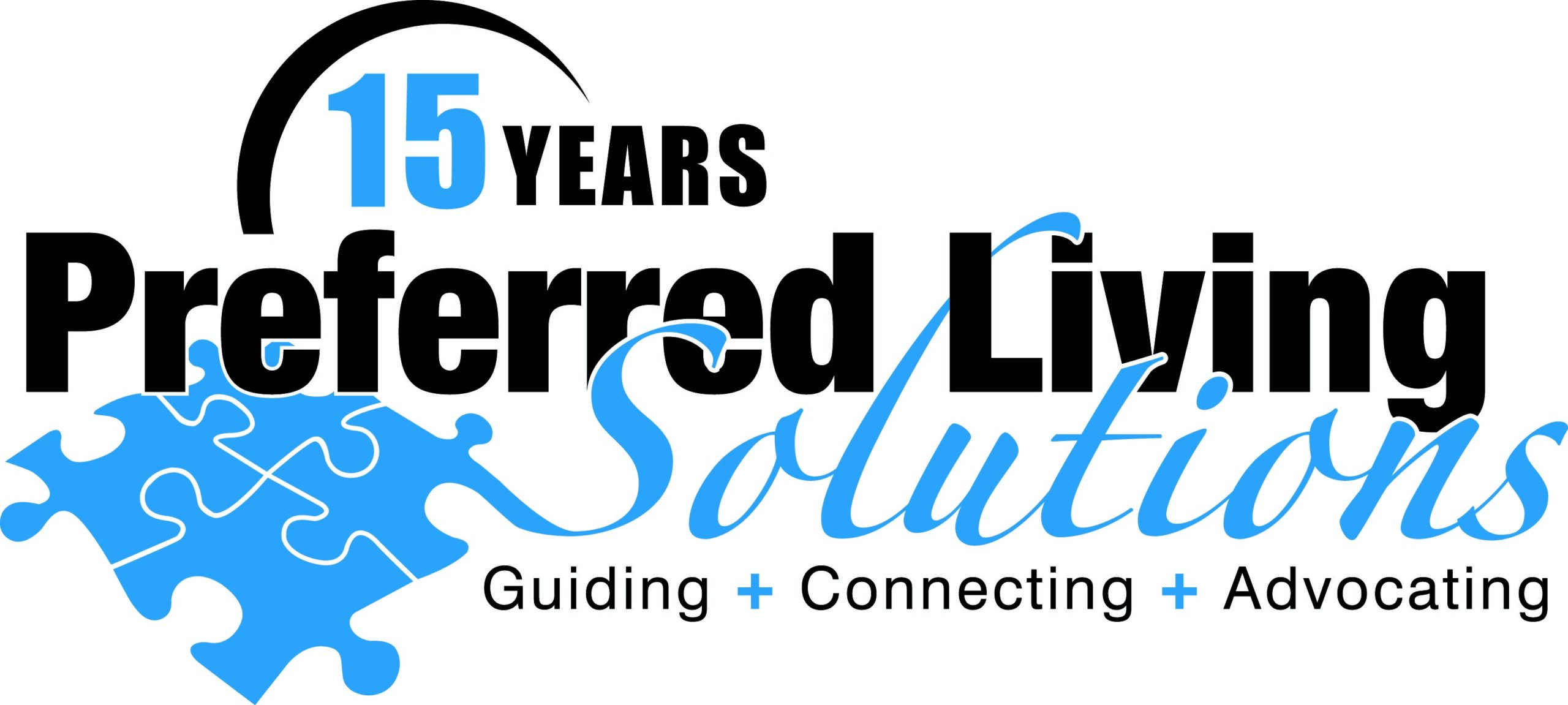According to Dr. Bill Thomas, an expert in the field of dementia care, care partners include family, friends, neighbors, volunteers, home health professionals, and the elder herself. Effective care partnerships result from meaningful and purpose-filled days. Everyone wants to feel useful and engaged regardless of age, disabilities, and life challenges. Dr. Thomas offers a new perspective: Change the perception of what our elders have to offer and how we care for one another. Re-balance the care partner relationship and improve quality of life.
Many dementia-friendly activities are fun and valuable. “Brain exercises” that help slow cognitive decline are popular. However, too often, one care partner takes on the role of activities director, adding what feels like one more requirement to her job description. Even worse, the person living with dementia feels helpless, lonely, and bored. They want opportunities to share joyful moments with their loved ones. Who wants to color, sort coins, or play with a beach ball every single day?
In the disruptive spirit of Dr. Thomas and his philosophy of “changing aging” here are a few ideas for shared leisure time and daily renewal between care partners.
- What do you get when you combine a camera, a caregiver, a care partner, and a calendar? A monthly photo journal! Turn off the television and take this photo-a-day challenge, which is one part self-care, one part inspiration, and one part fun. Create a special hashtag (#family, #MayDays, etc.). Post to Facebook or Instagram and share the hashtag # with family and friends so they can play, too. Here are some prompts to get you started.
- Duke Family Support Program offers Project CARE for care partners in the Raleigh-Durham area. This outstanding, unique state-funded community resource, Caregivers Alternatives to Running on Empty (CARE), starts with an in-home assessment. Project CARE takes a family-centered approach. Memory Makers is an 8-week early-stage Alzheimer’s and other dementia support group for care partners. Project CARE utilizes music, art and other cultural experiences available in the community.
- Memory Cafes offer care partners in the local community an opportunity to enjoy a no-cost shared meal and/or entertainment once or twice a month. Care partners can relax, enjoy food and fellowship, and meet others going through similar experiences.

